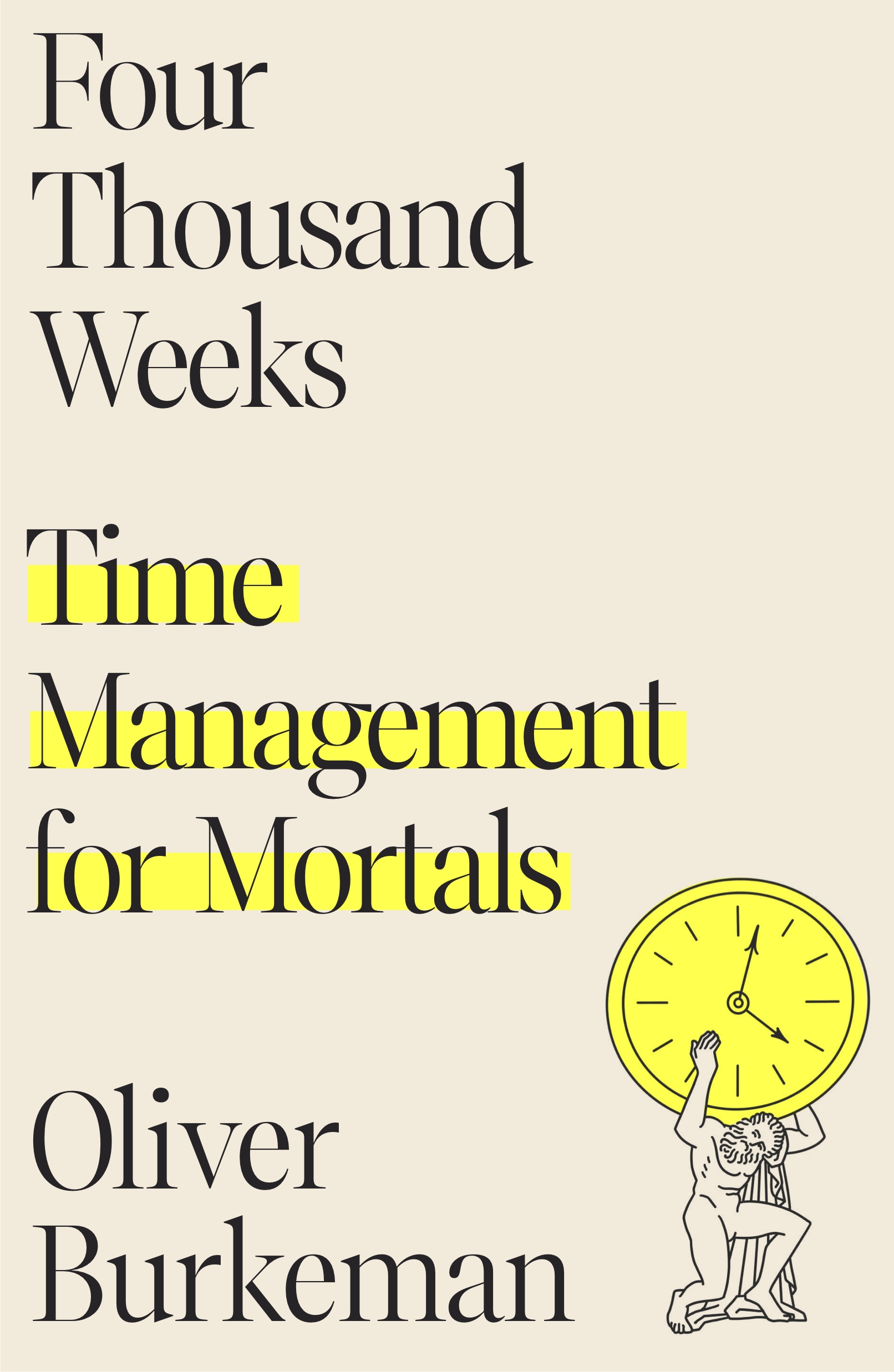In this book, I’ve made the case for embracing the truth about your limited time and limited control over that time—not simply because it’s the truth, so you might as well face it, but because it’s actively empowering to do so. By stepping more fully into reality as it actually is, you get to accomplish more of what matters, and feel more fulfilled about it. Here are two techniques for implementing this limit-embracing philosophy in daily life.
Adopt a “fixed volume” approach to productivity.
Much advice on getting things done implicitly promises that it’ll help you get everything important done—but that’s impossible, and struggling to get there will only make you busier (see chapter 2). It’s better to begin from the assumption that tough choices are inevitable and to focus on making them consciously and well. Any strategy for limiting your work in progress will help here (page 75), but perhaps the simplest is to keep two to-do lists, one “open” and one “closed.” The open list is for everything that’s on your plate and will doubtless be nightmarishly long. Fortunately, it’s not your job to tackle it: instead, feed tasks from the open list to the closed one—that is, a list with a fixed number of entries, ten at most. The rule is that you can’t add a new task until one’s completed. (You may also require a third list, for tasks that are “on hold” until someone else gets back to you.) You’ll never get through all the tasks on the open list—but you were never going to in any case, and at least this way you’ll complete plenty of things you genuinely care about.A complementary strategy is to establish predetermined time boundaries for your daily work. To whatever extent your job situation permits, decide in advance how much time you’ll dedicate to work—you might resolve to start by 8:30 a.m., and finish no later than 5:30 p.m., say—then make all other time-related decisions in light of those predetermined limits. “You could fill any arbitrary number of hours with what feels to be productive work,” writes Cal Newport, who explores this approach in his book, Deep Work. But if your primary goal is to do what’s required in order to be finished by 5:30, you’ll be aware of the constraints on your time, and more motivated to use it wisely.
Practice doing nothing.
“I have discovered that all the unhappiness of men arises from one single fact, that they cannot stay quietly in their own chamber,” Blaise Pascal wrote. When it comes to the challenge of using your four thousand weeks well, the capacity to do nothing is indispensable, because if you can’t bear the discomfort of not acting, you’re far more likely to make poor choices with your time, simply to feel as if you’re acting—choices such as stressfully trying to hurry activities that won’t be rushed (chapter 10) or feeling you ought to spend every moment being productive in the service of future goals, thereby postponing fulfillment to a time that never arrives (chapter 8).Technically, it’s impossible to do nothing at all: as long as you remain alive, you’re always breathing, adopting some physical posture, and so forth. So training yourself to “do nothing” really means training yourself to resist the urge to manipulate your experience or the people and things in the world around you—to let things be as they are. Young teaches “Do Nothing” meditation, for which the instructions are to simply set a timer, probably only for five or ten minutes at first; sit down in a chair; and then stop trying to do anything. Every time you notice you’re doing something—including thinking, or focusing on your breathing, or anything else—stop doing it. (If you notice you’re criticizing yourself inwardly for doing things, well, that’s a thought, too, so stop doing that.) Keep on stopping until the timer goes off. “Nothing is harder to do than nothing,” remarks the author and artist Jenny Odell. But to get better at it is to begin to regain your autonomy—to stop being motivated by the attempt to evade how reality feels here and now, to calm down, and to make better choices with your brief allotment of life.



